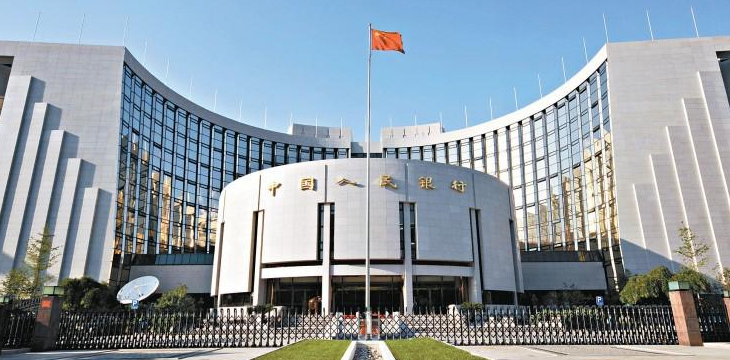
Residents in China have received a new warning against getting involved in cryptocurrency-related activities. This week, the People’s Bank of China (PBoC) has issued yet another notice to remind everyone in the country against investing in cryptocurrencies and initial coin offerings (ICOs) amid reports that domestic crypto activities have been flourishing recently.
According to the central bank, the cryptocurrency market is filled with so many uncertainties. The industry has seen skyrocketing prices, disrupting the market. The PBoC also reaffirmed its stance that ICOs do not have a proper financing mechanism, which needs to be regulated by relevant authorities. The PBoC notice reminded Chinese citizens that ICOs are “suspected of illegally selling tokens, illegally issuing securities, illegal criminal activities, financial fraud, pyramid schemes and other illegal and criminal activities.”
According to the Chinese central bank, “It is important for consumers and investors to increase their awareness of risks associated with the industry and avoid falling in the same traps.”
The announcement comes a few weeks after the bank revealed a significant drop in cryptocurrency activities in the country. In August, PBoC stated that “The global share of domestic virtual currency transactions has dropped from the initial 90% to less than 5%, effectively avoiding the virtual currency bubble caused by skyrocketing global virtual currency prices in the second half of last year in China’s financial market.”
Since it banned ICOs in September 2017, mainland authorities have already shut down 88 ICO platforms and 85 ICO projects in the country.
However, reports recently surfaced that some investors and companies were braving the regulatory forces in China. Underground crypto transactions have become the order of the day with many people looking for ways around the ban. According to reports, some traders have resorted to using Virtual Private Networks (VPNs), while others opted for offshore exchanges. Others have turned to peer-to-peer transactions to pay for services and products or purchase their favorite currencies and tokens.

 09-21-2024
09-21-2024


